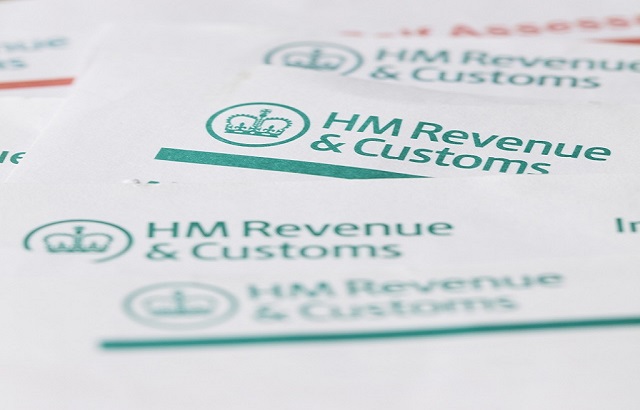HM Revenue and Customs (HMRC) issued 1,414 demands to accountants, lawyers and other firms during the last financial year, as part of its crackdown on tax evasion.
Production orders are issued by HMRC’s Criminal Investigation Directorate and can force third parties, such as those listed above, to surrender potentially incriminating documents about their clients.
The figures were revealed by London-headquartered law firm RPC.
“With HMRC under pressure to increase prosecution numbers and to target ‘wealthy’ taxpayers, irregularities that previously may have been dealt with civilly are now being looked at from a criminal perspective,” Mark Taylor, partner and head of tax investigations and dispute resolution at Buzzacott, told International Adviser.
“Production orders have always been a valuable tool for any HMRC criminal investigator wishing to obtain evidence of fraudulent activity.
“HMRC are now targeting legal and accounting providers specifically to obtain notes of meetings, telephone calls and emails to identify acts of dishonesty and/or collusion with the alleged suspect.
“Law and accountancy firms need to be on full alert, work co-operatively together and take appropriate advice.”
Tax planning arrangements under scrutiny
RPC said the watchdog is investigating taxpayers who have participated in tax planning arrangements in order to reduce their tax liability.
Such arrangements can include employee benefit trusts and film finance investments.
Both RPC and Taylor said that, in the past, HMRC used to deal with these issues with civil procedures via tax tribunals.
However, the taxman’s stance has since changed as it is now launching criminal investigations into matters that used to be dealt with through the civil route.
Adam Craggs, partner at RPC, said: “When HMRC apply to the court for a production order it is important that the intended recipient obtains expert legal advice as soon as possible and makes appropriate representations to the court.
“This can lead to the court rejecting HMRC’s application.
“HMRC’s policy of commencing criminal investigations into taxpayers who have participated in tax planning arrangements is concerning,” he added.
“The mere commencement of a criminal investigation can create serious practical difficulties for taxpayers and their businesses such as, for example, lenders calling in loans. Such commercial damage can be irreparable for a small to medium sized enterprise.”








